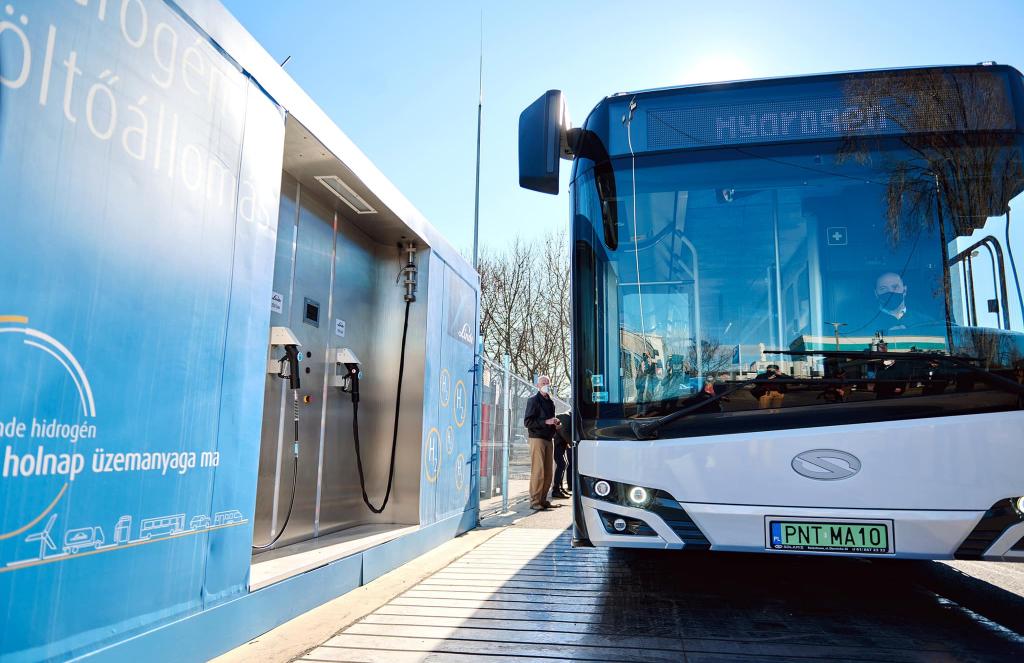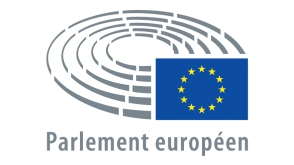In Hungary, the transport sector accounts for 20% of CO2 emissions. To tackle this issue on a national level, the National Hydrogen Strategy was adopted last June to push the adoption of this new technology. It encompasses the rapid extension of the production capacities, the creation of 40 filling points, and the purchase of almost 5 000 hydrogen-powered buses and trucks by 2030. If produced from renewable sources, hydrogen offers a range of benefits compared to conventional electric options to create carbon-neutral transport solutions.
On the other hand, the local level is also moving fast, especially in the capital city, where the municipality adopted 2019 the Budapest Mobility Plan. Aiming to reduce the modal share of cars in everyday trips and reduce the carbon emissions of all modes of transportation, it gives a guideline to have a more carbon resilient city by 2030. And the city does not wait! It launched as experimentation the first-ever hydrogen bus line in Hungary, between Budapest and the nearby suburb of Vecsés.
Another example shows the interest of the public transport company of Budapest (BKK) in technologies. It recently launched a new mobility app called BudapestGO that meets all the traveler’s needs: checking traffic conditions, congestion and roadworks, route planning, ticket purchasing (from bus travels to flights), elevation data for cyclists, and soon connections with ride-sharing services. It proves that public apps can compete against similar private initiatives.


